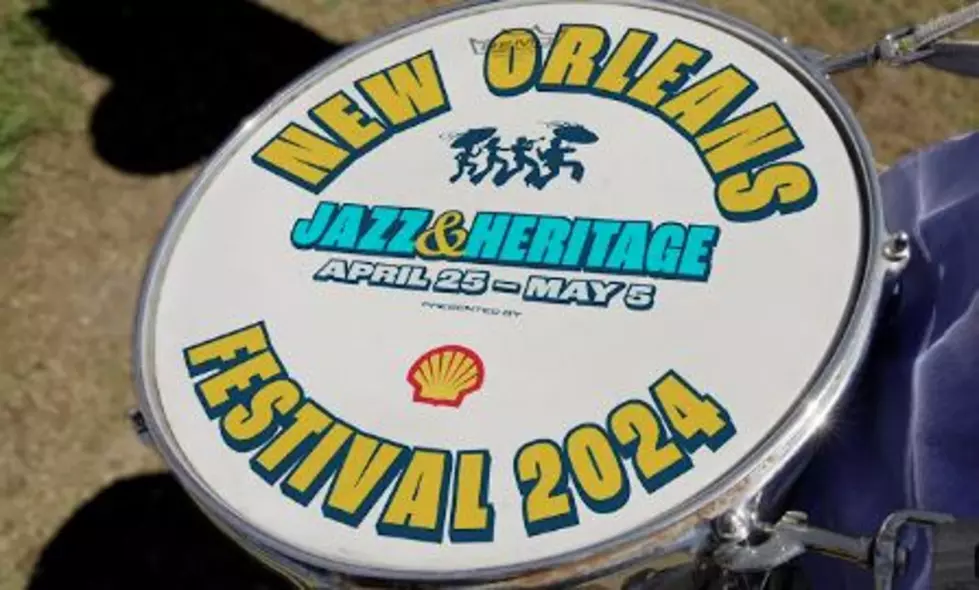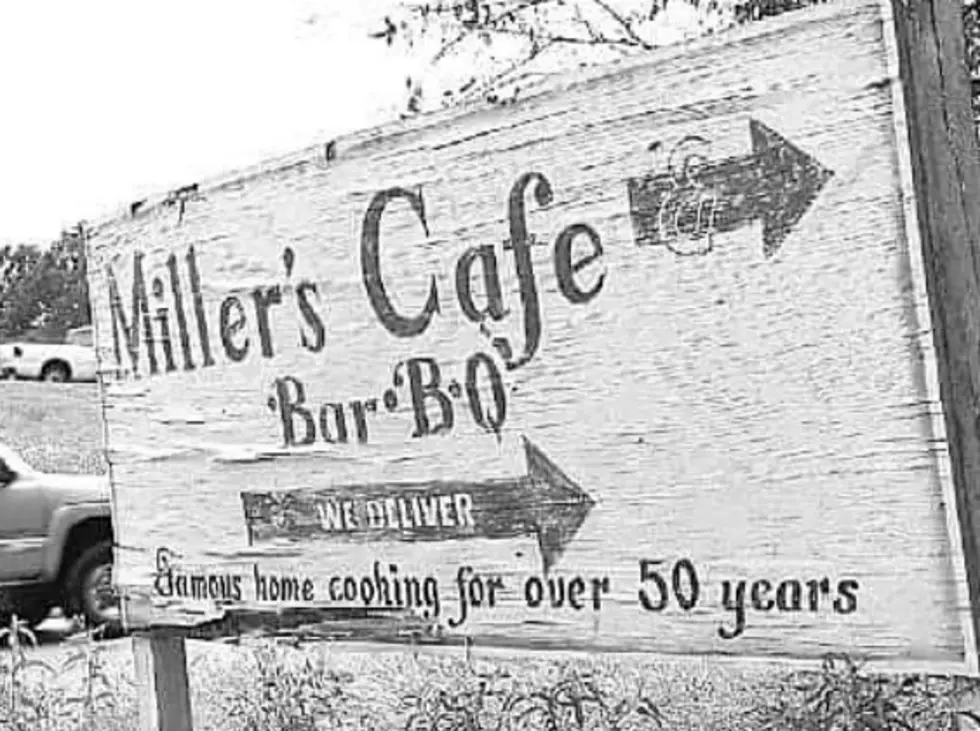
News of Atchafalaya Speeding Law, Louisiana Becomes Math Experts
Mais Bruh! I knew it was going to happen. The math experts have come out of the closet, put on their LSU shirts, and have started timing how long it takes for them to cross the Atchafalaya Bridge. The funny part, it's slowly being called the "Atchafalaya Basin Challenge".
The more thorough "challengers" are using the trip timer in their vehicles and setting their cruise control at 60mph and letting it go with the flow. Some are coming up under 18 minutes, and others are either nailing it or going a few seconds over. The new law states that "speeding" will be determined if a vehicle makes it across the basin bridge in under 18 minutes. If the vehicle does, then it can be written a warning at first, further violations could result in a speeding fine of $350 up to $1000.
So where are we getting this magical time from? The Atchafalaya Basin Bridge is 18.2 miles long or 96,095ft. Taking us back to math class when two trains leave the station from different cities, we need to do a bit of math here. The posted speed limit for regular commuters on the bridge is 60mph. That means an object, your car, going 60mph is going 1 mile per minute. To find the time it takes to go a distance, we need to know the distance the object is covering and we need to know the speed at which it is traveling. "Distance equals distance over speed" will be the formula we will use.
The bridge is 18.2 miles long, and we are traveling at 60mph. We divide 18.2 by 60 and we get .3033. Before we round down, because someone is going to try and call me out on it, .3033 of an hour is 1,091.9 seconds. That little math equation equals 18.2 minutes, our answer is then that traveling the entire basin bridge should take us 18 minutes and 12 seconds. That time is assuming we are traveling at 60mph. So now that we have that little bit of knowledge, and I now have a headache, let's look at other speeds.
65 mph - 16 minutes 37 seconds
70 mph - 15 minutes 26 seconds
75 mph - 14 minutes 24 seconds
The worst part about doing 60 mph on the basin, in my opinion, is that I just got done doing 70 for the last hour and a half from Lake Charles. Dropping to that lower speed feels like I might as well get out and crawl! Looking at the ole math equations, dropping our speed from 70 to 60 on the basin means we lose 2 1/2 minutes. So speeding across the basin to make up a smidge over 2 minutes really isn't worth a ticket to begin with.
Here's the next situation. Where will the cameras be located on the bridge? Will they be right at the beginning and end of the 18.2 miles? Will they be right at 18 miles apart? Some challengers are saying they are starting their timer right at the "camera posts". I was just on the basin Wednesday and didn't notice any "posts" for the cameras except for the DOT cameras that have been there for quite some time. They also don't start right at the beginning of the basin, nor do they end right at the basin.
I just have found it funny how people are trying to fight against physics and say that they can cross the bridge at a faster time but at the same speed. Thanks for coming to my TedTalk!
LOOK: The most extreme temperatures in the history of every state
More From 107 JAMZ






